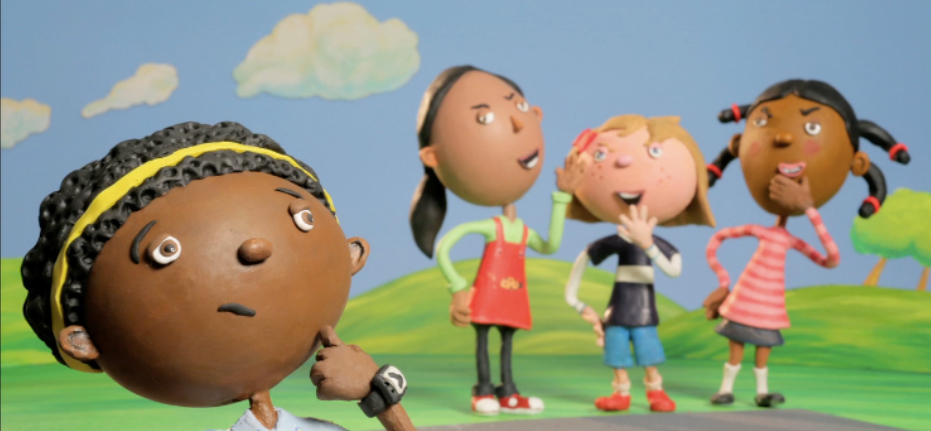Bullying Prevention in Primary
Bullying really hurts. Saying mean things repeatedly, excluding others on purpose and name calling over and over are not OK. At ISD we take bullying seriously. As part of our child protection policy, children are to be protected from ongoing intentional bullying.
This week in Primary, our wellness focus is teaching children what bullying is and how to recognise it, how to report it and how to refuse it. Children are exposed to vignettes made by the research-based Second Step® Bullying Prevention Unit. Each class then discusses their own experiences. Children are encouraged to learn to stand up for themselves and to support their classmates when they see bullying happening. They learn bullying is not accepted anywhere.
Practicing assertiveness, which means to stand tall with a strong voice and speak in a respectful way, gives children a leading advantage in negotiating skills, self-confidence building and self protection. Research shows those who bully tend to seek out vulnerable children. Our goal is to strengthen children with the skills they need to not tolerate bullying of any kind. Building a culture of kindness and fair play makes playing so much more fun!
Arguing, saying rude things and excluding others hurts, increases tension and makes it hard to learn in classrooms when there is fear and worry in children’s minds. This impairs concentration and learning. Children can be mean sometimes. Talking about this openly in our classes and teaching children it is not OK supports those who are not treated with kindness and fairness. No one wants to be bullied or hurt.
Supporting children in strengthening their belief in themselves is a critical life skill. Without anxiety and self doubt a child can experience more learning, personal growth and general wellbeing for the future. The power of using assertiveness and other social skills gives children a lead in competence, problem solving and achieving what they need and deserve in life.
Ways to support children who are being bullied:
- Be a good listener.
- Repeat the feeling words. “ It sounds like you are feeling really hurt/sad/angry.”
- Practice standing up and refusing bullying. Plan what to say.
- Be assertive, stand tall, chin up, using a strong respectful voice.
- Remember, solving the problem for a child takes away their self confidence.
- Talk to the school counselor if the problem continues.
We are passionate about building healthy, happy, confident children who are free to learn and grow to their full potential.
For further information or concerns please do not hesitate to contact Primary Counselor, Vivian Huizenga at vivian.huizenga@isdbd.org
Bullying Prevention
The research-based Second Step® Bullying Prevention Unit gives educators and school staff the training and tools needed to effectively address school bullying in Kindergarten through Grade 5. www.SecondStep.org







